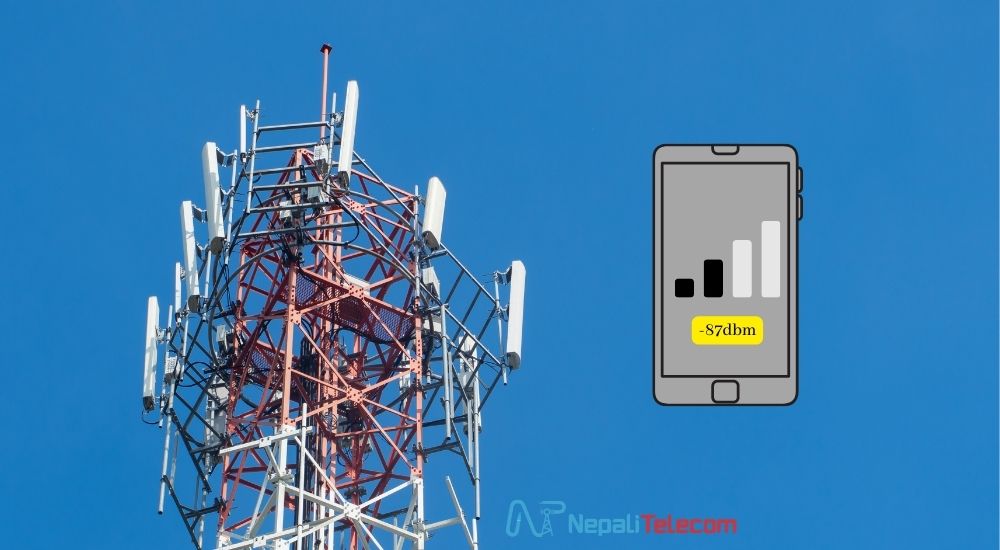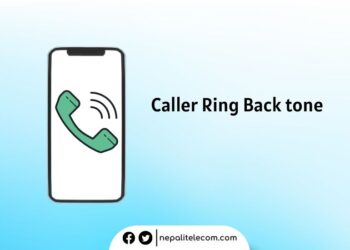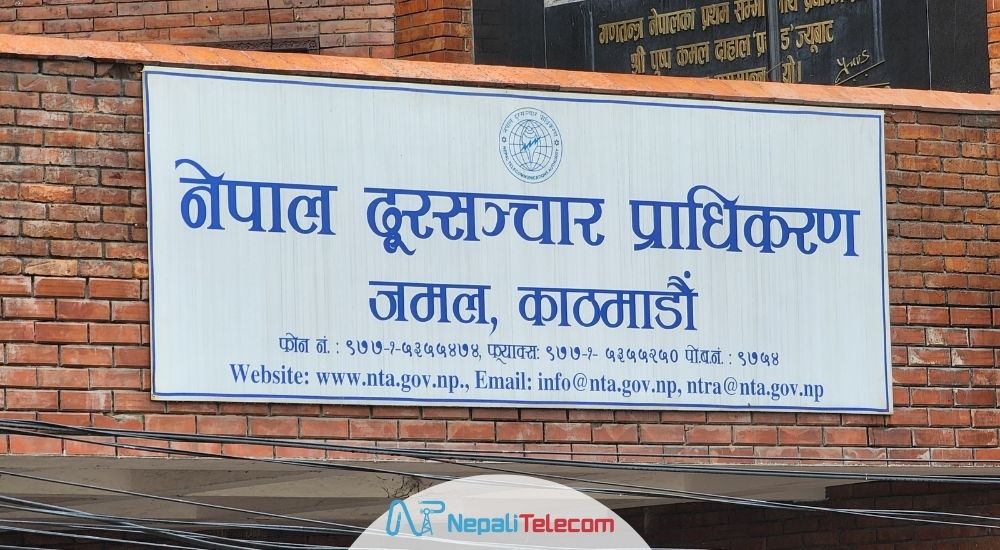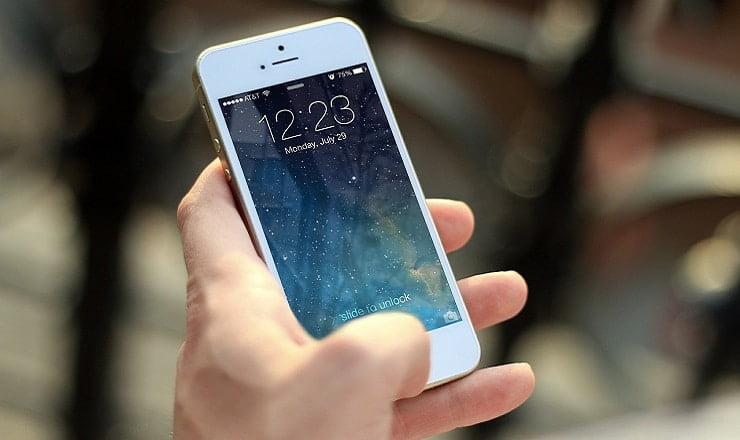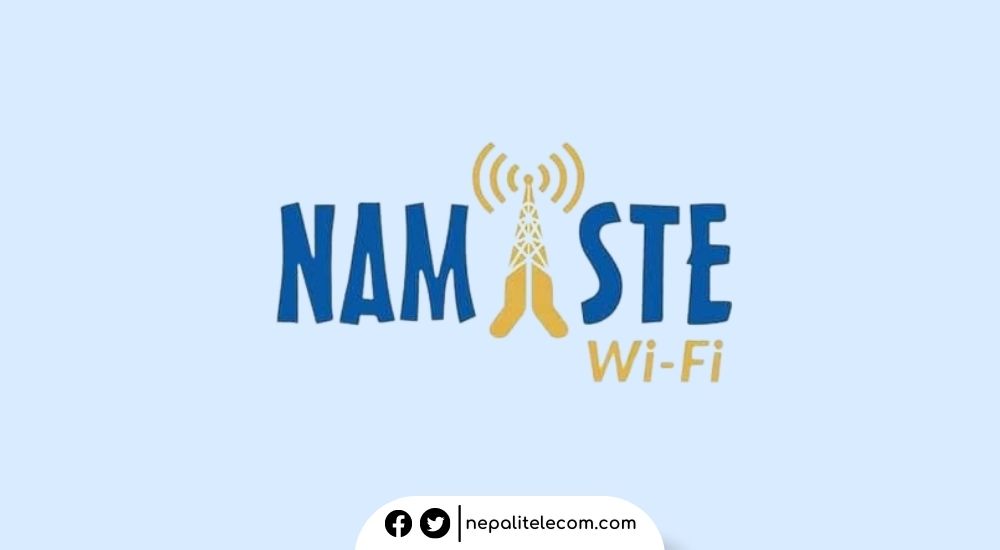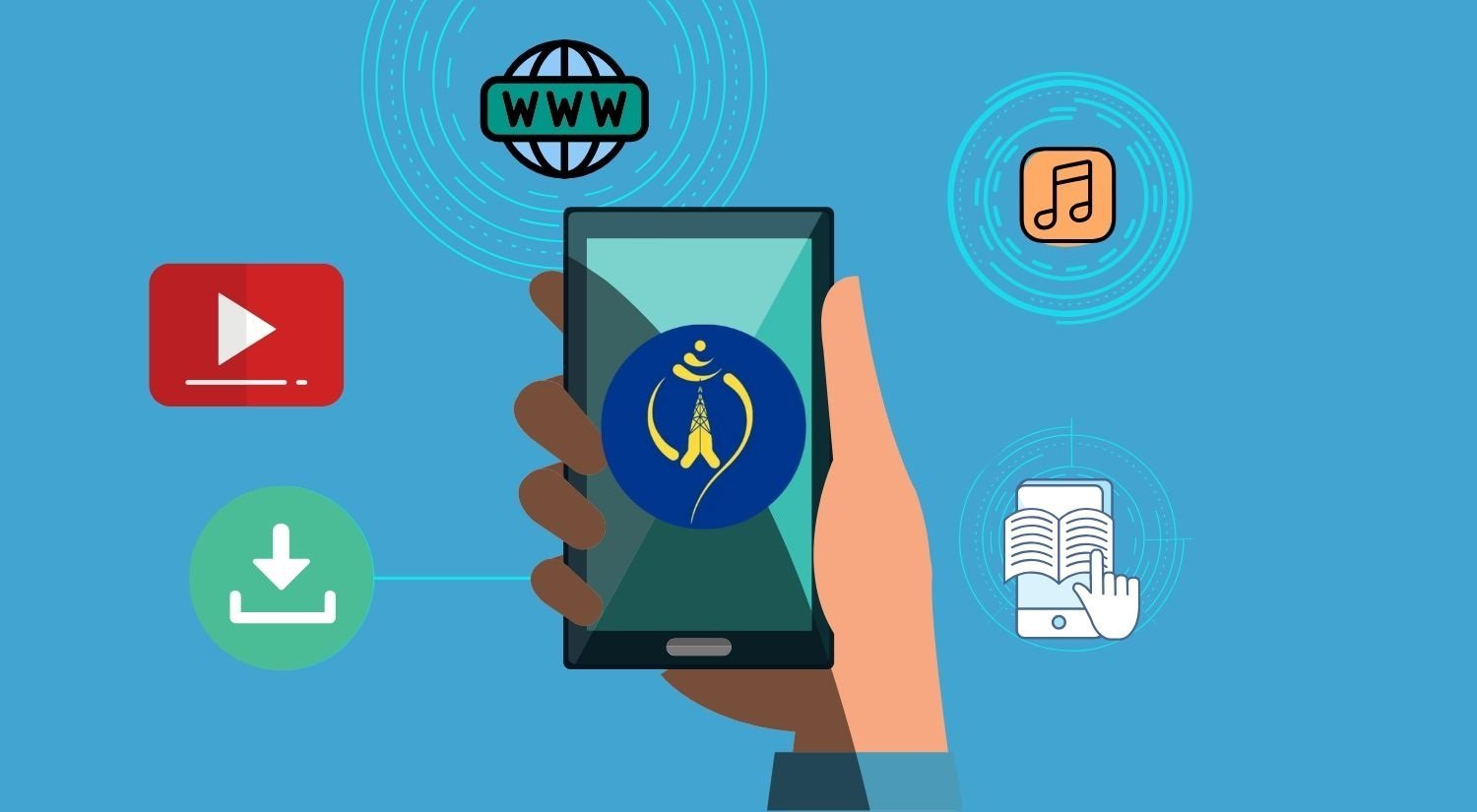Local authorities have seized cellular signal boosters installed in various areas near the Nepal-India border. Parsa Police Office, Parsa, removed cellular amplifiers and boosters after information from Nepal Telecommunications Authority (NTA) and Ncell.
The law enforcement agency removed 4 signal boosters and amplifiers. NTA found that these devices were used in border areas. To get them out of operation, it then related the matter to the Parsa Police Office.
Recently, NTA warned against the use of radio signal boosters to boost the cellular network of Indian mobile services. The problem largely persists in border areas where people want to connect with Indian telco services.
Parsa Police seize signal boosters for their effect on local telco performance
Parsa Police Office seized signal boosters after the NTA found out about their use during its monitoring. Indian SIM cards can be found at local stores in border areas. However, there is no official infrastructure to operate them within Nepal. As a result, signal boosters are used to access Indian telecom services. But they are illegal and interfere with Nepali telecom services.
It causes interference with local telecom companies’ frequencies and lowers the service quality of voice, SMS, and data. At the same time, these devices also negatively impact revenue for the government.
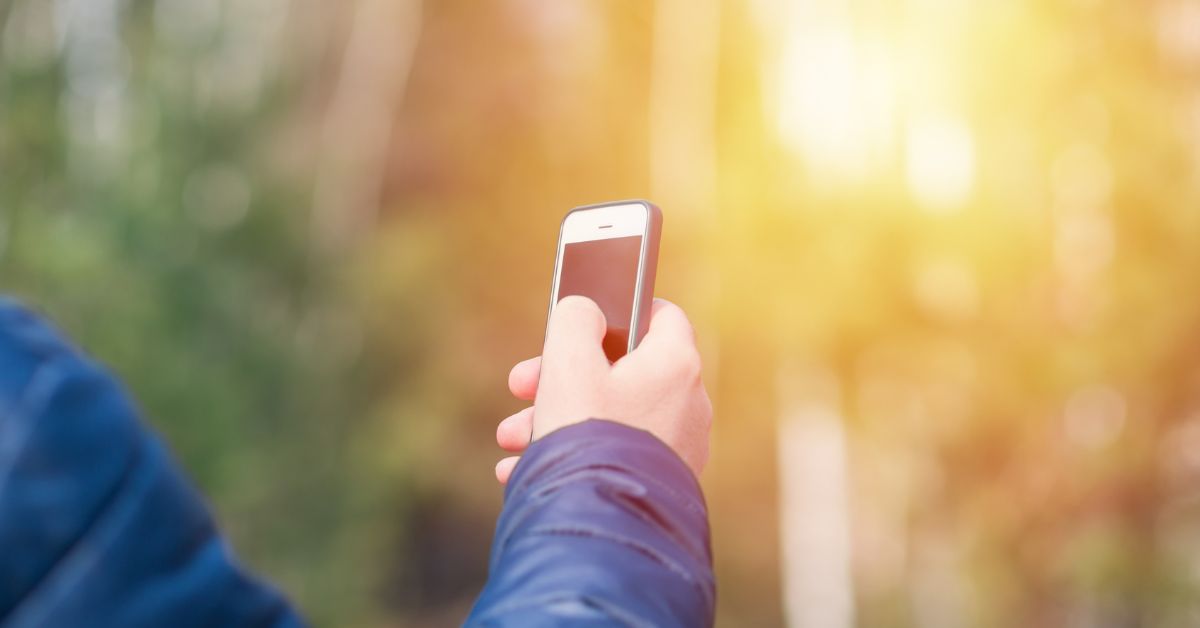
The Parsa Police Office said that these illegal signal boosters lowered voice quality and slowed down data services. It’s found that signal boosters were used to enhance the network reach of Bharti Airtel and Jio.
Also: How To Solve Mobile Data Not Working Problem
Using signal boosters is illegal
NTA has outlawed the use of signal boosters for foreign services. In fact, using such a device first requires permission. The right to use such devices is granted only in accordance with Section 3 of the Radio Act, 2014, and Section 21 of the Telecommunications Act, 2053.
Though the local authorities have only seized 4 signal boosters, there appears to be more of such devices in use. NTA, telcos, and local police will likely take action against their usage in the coming days. But it’s best that nobody commits an act of using these devices without permission.


